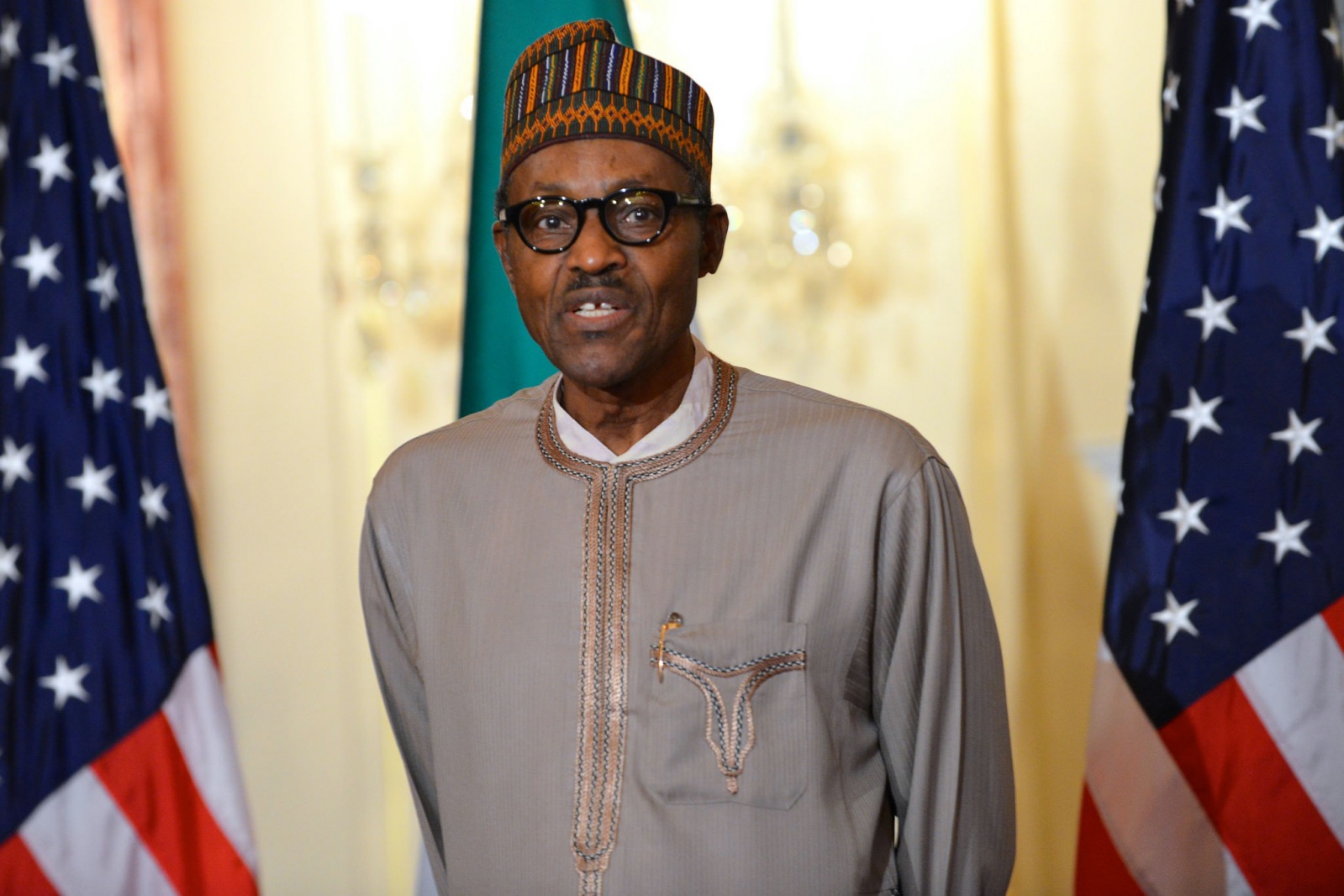A top official of the federal government who pleaded not to be named, on Saturday, May 14, 2016, said that pressures from the minister of state for petroleum resources, Ibe Kachikwu and state governors, compelled President Muhammadu Buhari to increase fuel price from N86 to N145.
He said Buhari was unwilling to yield to the pressure by Kachikwu but with the continuous pressure from the oil minister and governors who felt the allocations from the federation accounts allocation committee (FAAC) was dropping, Buhari had no option but to surrender to the desires of the governors and Kachikwu.
Daily Trust, a newspaper linked with Buhari, reports that Kachikwu had presented the proposal for several months and President Buhari has been fighting to avoid giving his assent to it believing that its negative impact will be unimaginable among the poor Nigerians.
According to him, Buhari succumbed reluctantly having been presented with the stark realities of the dropping oil earnings and the foreign reserves situation.
He said Buhari would not have agreed to the new fuel pricing regime if he had not been presented with the compelling evidence that Nigeria’s declining foreign earnings from oil would be further devastated unless independent oil marketers and other interested entities are encouraged to import fuel.
He said: “The amount required for fuel importation alone will easily take about more than half of the $550m foreign earnings. If the country continues doing that the oil revenue left for FAAC sharing would be significantly reduced with the possibility that a situation where there would be nothing left to share between federal government, states and local governments exists in the near future.
“Although NNPC is meant to supply only 50 per cent of the local fuel supply and independent marketers making up the balance, none of the marketers has been able to source forex from the CBN this year and therefore cannot sell at the prevailing price regime and make a profit.
“If the federal government continues with NNPC alone importing oil, and trying to fill the gap left by the independent marketers by dedicating more export crude for domestic consumption, the depleting impact on the oil earnings would continue to worsen.
“And when this is added to the fact that already about 27 states cannot pay salaries because of the dwindling foreign earnings, the situation becomes even worse. Even some oil producing states like Bayelsa are affected,” he said.







